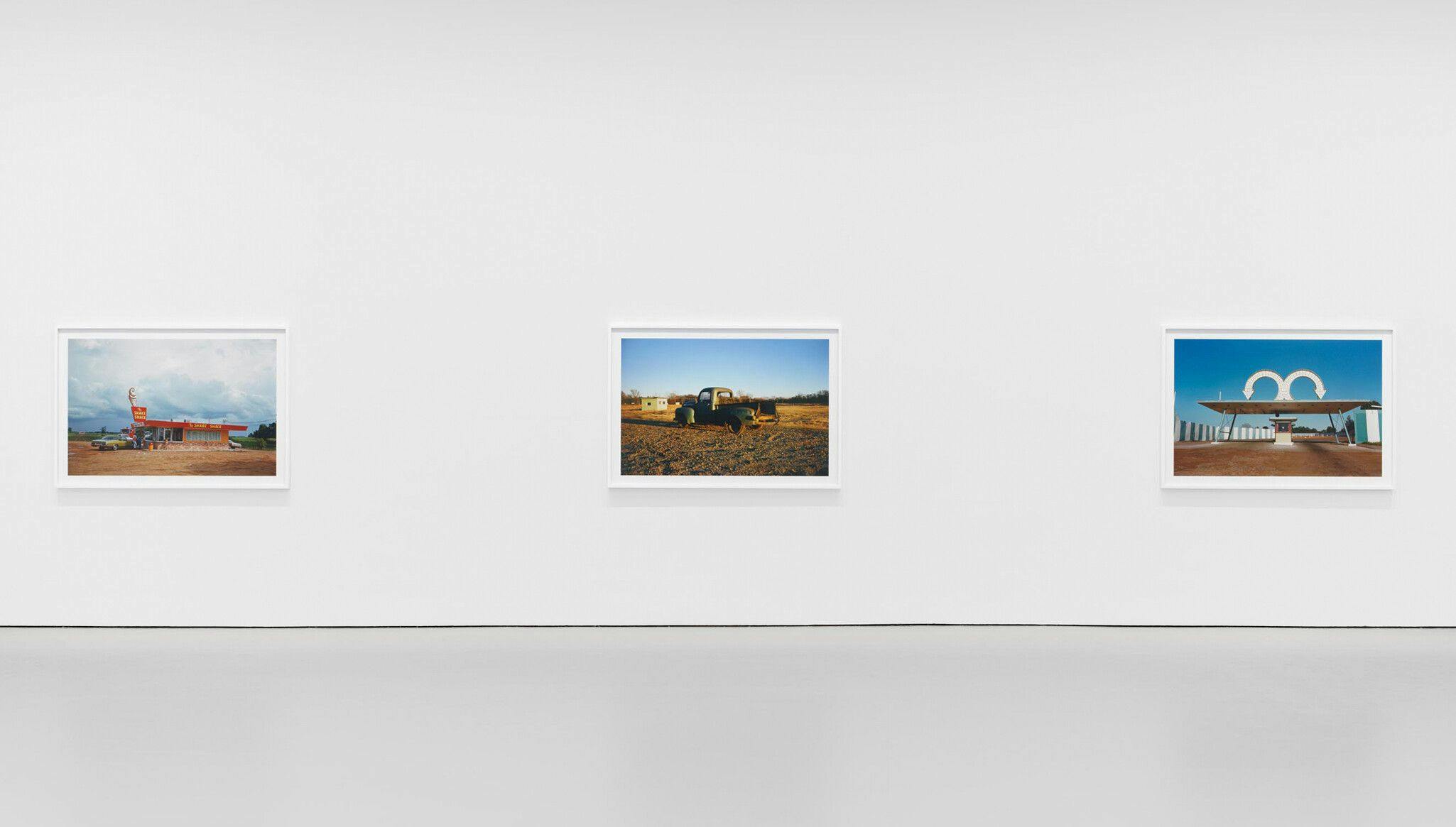William Eggleston
Over the course of nearly six decades, William Eggleston (b. 1939) has established a singular pictorial style that deftly combines vernacular subject matter with an innate and sophisticated understanding of color, form, and composition. His photographs transform the ordinary into distinctive, poetic images that eschew fixed meaning. One of the medium’s foremost practitioners to date, Eggleston’s work continues to exert an influence on contemporary visual culture at large.
Learn MoreSurvey
Available Artworks
Exhibitions

Explore Exhibitions
Artist News
Selected Titles
Request More Information